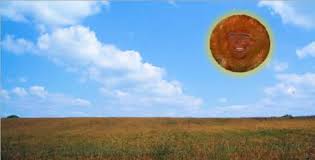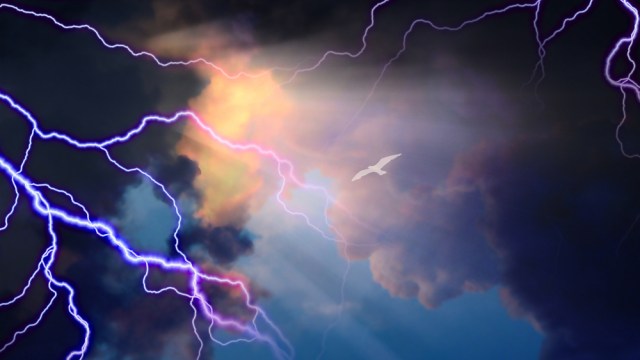Science Should Not Suppress Ideas, No Matter How Crazy

This article was originally published on the RealClearScience Newton blog. You can read the original here.
In 1950, Dr. Immanuel Velikovsky rewrote history.
Or rather, he attempted to.
A psychiatrist by training, the scholarly Velikovsky fashioned himself a historian, astronomer, chemist, geologist, physicist and author as well. He made the latter clear by penning a wildly popular and controversial book, Worlds in Collision. In it, he postulated that around 3,500 years ago, Jupiter ejected a planet-sized “comet” that danced around the planets of the inner solar system for thousands of years, altering Earth’s orbit and axis in the process, and causing various mythological events described in Biblical texts, including the cinematic Parting of the Red Sea. The “comet” would later settle into orbit around the sun, taking its place as the heat-scorched and barren planet Venus. To make such a situation physically possible, Velikovsky also contended that electromagnetism is just as integral to celestial mechanics as gravity. He based all of this on absolutely nothing.
The uproar from the scientific community was nearly unanimous. Piqued over the fact that a brazen psychiatrist was dabbling in areas outside his field, astronomers were furious that Velikovsky took his outlandish ideas straight to the public, effectively dodging the vital and necessary process of peer review. Some called for Velikovsky’s book to be banned from print. One scientist, the Harvard astronomer Howard Shapley, threatened to organize a textbook boycott of the book’s publisher, Macmillan. The ultimatum worked. Within two months, Macmillan dropped the book, but it was quickly picked up by a different publisher, Doubleday.
You can’t really blame scientists for being vexed. Almost a quarter-century after Worlds in Collision stirred the pot, Velikovsky’s erroneous ideas had become so pervasive in the U.S. that the American Association for the Advancement of Science addressed the situation, devoting a session to debunking his ideas at their annual conference.
Velikovsky was, and is, incredibly wrong for many reasons. For starters, there is no known mechanism for Jupiter to eject any sort of object into space. Moreover, if Venus is a progenitor of Jupiter, it stands to reason that — like its immense, gaseous father — it should contain a lot of hydrogen. The planet contains almost none, and is, in fact, quite a rocky world. Most contradicting to Velikovsky’s theory, historical accounts from ancient astronomers place Venus firmly in its celestial position more than 3,500 years ago!

In the celebrated 1980 television series COSMOS, eminent science educator Carl Sagan used some of these facts to thoroughly dismantle Velikovsky’s claims. However, he reserved his most damning criticism not for Velikovsky, but for a small sect of the scientific community.
“The worst aspect of the Velikovsky Affair was not that many of his ideas are in gross contradiction to the facts. Rather, the worst aspect is that some scientists attempted to suppress Velikovsky’s ideas.”
“There are many hypotheses in science which are wrong. That’s perfectly alright: it’s the aperture to finding out what’s right,” he further explained, before concluding, “The suppression of uncomfortable ideas may be common in religion or in politics, but it is not the path to knowledge, and there’s no place for it in the endeavor of science.”
Sagan’s sage advice can also be applied to our own lives. When confronted with stances counter to our own cherished thoughts and beliefs, it’s often our first impulse to lash out verbally or even physically, to quell any challenging, disquieting notions. But that is not the proper course. Instead, we must respond calmly and sensibly, using evidence, logic, and reason as guides. Heck, we might even learn something, or realize that we were wrong!
Imagine if such thinking had been adopted in the past. Would Martin Luther have been condemned and excommunicated? Would Democritus have been shouted down? Would there have been a Spanish Inquisition? Would Martin Luther King, Jr. still be alive?
We can’t change the mistakes of the past, but we can pledge and strive not to repeat them. Ideas should never be suppressed, no matter how revolutionary, no matter how crazy, no matter how discomforting.




